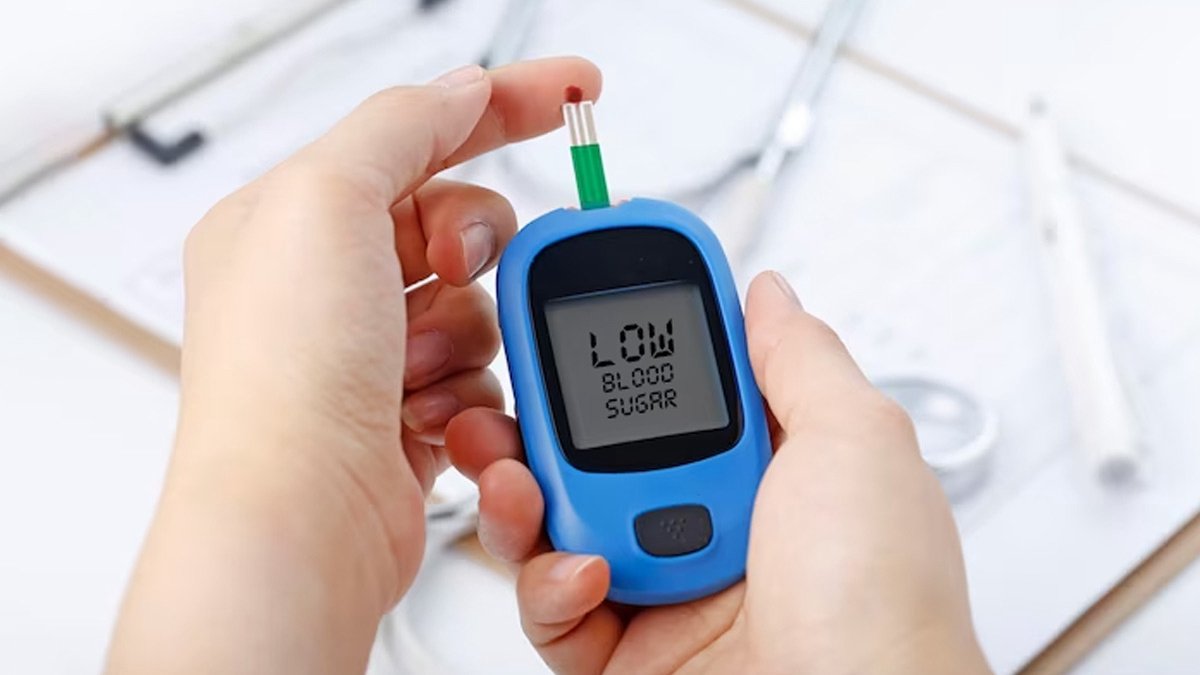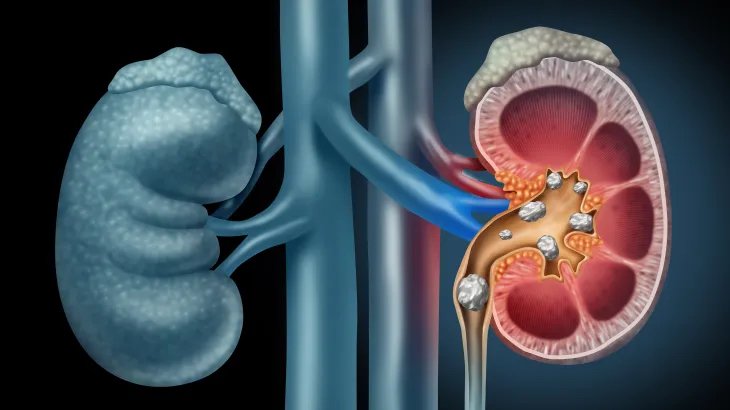Hypoglycemia, commonly known as low blood sugar, is a condition that occurs when the level of glucose in the blood drops below normal. It’s a critical issue, especially for people with diabetes, but it can affect anyone. Understanding its causes, symptoms, and management is vital for maintaining overall health. In this article, we’ll explore hypoglycemia in detail, offering insights into how to prevent and manage it effectively.
What is Hypoglycemia?
Hypoglycemia refers to a condition where blood sugar levels drop below 70 mg/dL. Glucose, derived from food, is the body’s main energy source, and when its levels become too low, the body and brain struggle to function optimally. Hypoglycemia can lead to various symptoms ranging from mild discomfort to severe medical emergencies if not treated promptly.
Causes of Hypoglycemia
The most common cause of hypoglycemia is diabetes, particularly when patients take too much insulin or oral diabetes medications that increase insulin production. However, hypoglycemia can also occur in individuals without diabetes due to various factors:
1. Skipping Meals: Not eating enough or skipping meals entirely can result in a significant drop in blood sugar levels.
2. Excessive Alcohol Consumption: Drinking alcohol without eating can block the liver from releasing stored glucose into the bloodstream, leading to low blood sugar.
3. Certain Medications: Medications other than those for diabetes, such as quinine (used for malaria), can cause hypoglycemia.
4. Intense Physical Activity: Exercise can burn glucose at a rapid rate, and if not replenished, it can lead to low blood sugar.
5. Hormonal Imbalances: Rare conditions such as adrenal insufficiency or certain tumors can cause hypoglycemia by disrupting hormone levels that regulate glucose.
Symptoms of Hypoglycemia
Recognizing the symptoms of hypoglycemia early is essential to prevent severe complications. Common symptoms include:
• Shakiness or trembling
• Dizziness or lightheadedness
• Sweating and clamminess
• Confusion or difficulty concentrating
• Irritability or mood swings
• Hunger
• Fast heartbeat or palpitations
• In more severe cases, hypoglycemia can lead to seizures, loss of consciousness, or even coma.
Managing and Preventing Hypoglycemia
Managing hypoglycemia involves immediate steps to raise blood sugar levels and prevent future episodes. The following are effective strategies for handling low blood sugar:
1. The 15-15 Rule: At the first sign of low blood sugar, consume 15 grams of fast-acting carbohydrates, such as glucose tablets, fruit juice, or candy. Wait 15 minutes and then recheck your blood sugar. If it’s still low, repeat the process until your blood sugar returns to normal.
2. Frequent Small Meals: Eating small, balanced meals and snacks throughout the day can help maintain stable blood sugar levels, especially for people prone to drops in glucose.
3. Carrying Emergency Snacks: If you’re prone to hypoglycemia, it’s important to carry fast-acting carbohydrate snacks such as glucose tablets, hard candy, or a small fruit juice box.
4. Medication Adjustment: If you’re taking diabetes medication, work with your doctor to adjust dosages to prevent hypoglycemia, particularly if you’re engaging in more physical activity than usual.
5. Monitoring Blood Sugar Levels: Frequent monitoring of blood sugar levels can help you detect hypoglycemia before it becomes serious. This is especially important for people with diabetes.
6. Moderate Alcohol Consumption: If you drink alcohol, do so in moderation and never on an empty stomach, as alcohol can significantly lower blood sugar levels.
When to Seek Medical Attention
While mild hypoglycemia can be treated easily with food, severe hypoglycemia requires urgent medical attention. If a person loses consciousness, it is critical to call emergency services immediately. People with diabetes who experience frequent low blood sugar episodes should consult their healthcare provider to reassess their treatment plan.
The Importance of Education and Awareness
Education about hypoglycemia is critical, especially for individuals with diabetes or those caring for someone with the condition. Understanding how to recognize early symptoms and knowing how to act quickly can prevent complications. Healthcare providers should also regularly review patients’ glucose management plans to minimize risks and promote a better quality of life.
Conclusion
Hypoglycemia is a manageable condition with the right knowledge and tools. Whether it’s adjusting medication, adopting lifestyle changes, or keeping emergency snacks on hand, there are numerous ways to prevent and treat low blood sugar. For those living with diabetes, staying vigilant and having a proactive management plan can make a significant difference in avoiding the dangerous effects of hypoglycemia.
Scientific Sources:
1. American Diabetes Association – Hypoglycemia (Low Blood Glucose)
3. National Institute of Diabetes and Digestive and Kidney Diseases – Hypoglycemia





